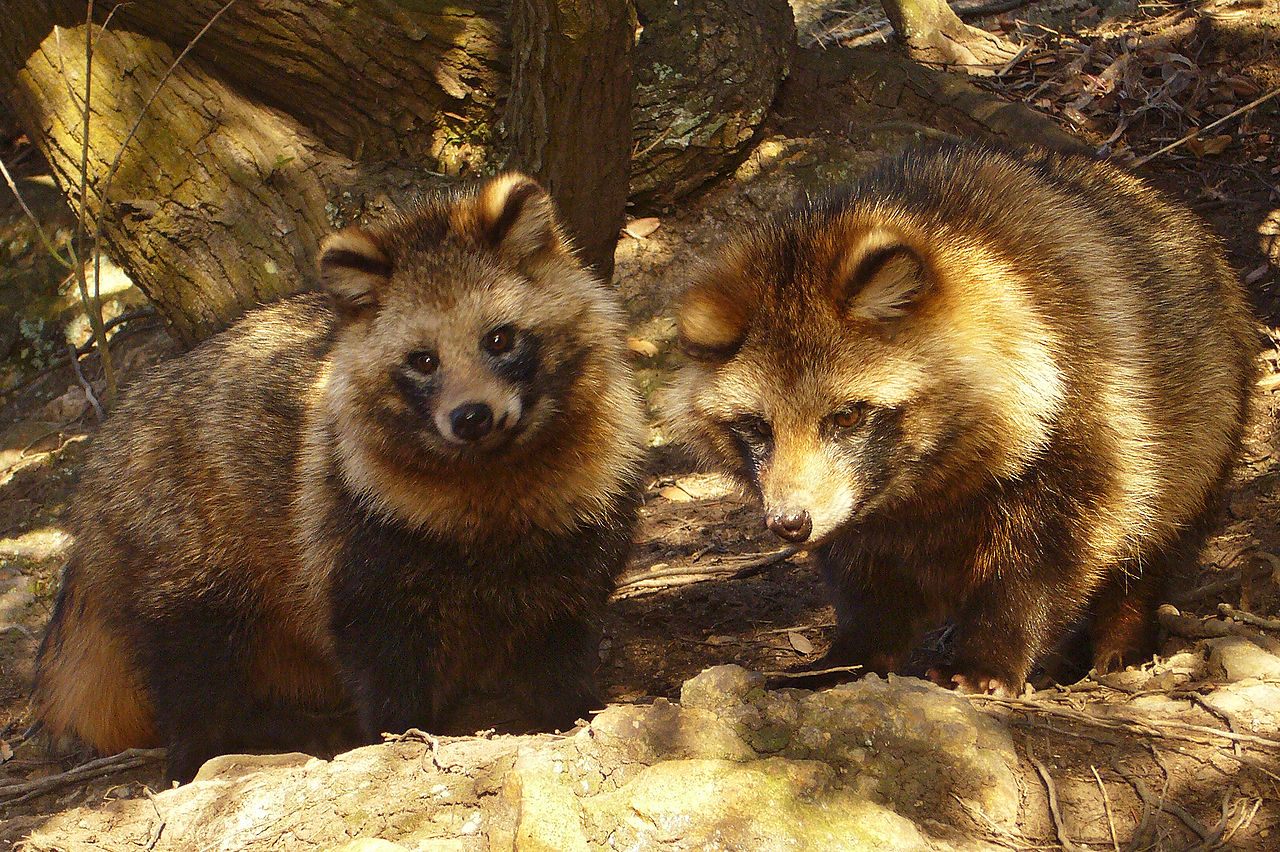A Japanese Badger Cull Went Out of Control
The species is now at risk of extinction.

Farmers in Japan’s Kagoshima Prefecture have been a bit too enthusiastic about killing badgers to protect their fields. Thanks to a government-sponsored cull, the Japanese badger’s population has been reduced by 70 percent—and ecologists now warn the species is headed toward extinction.
The government offers about $25 for each tail or photograph of a carcass a hunter turns in. Over the course of a normal year, about 200 badgers—which are considered pests and can damage crops—are legally culled. But between March 2015 and March 2016, more than 4,300 badger bounties were claimed. According to Ecologists from the University of Oxford and the Tokyo University of Agriculture and Technology, badger meat has become a trendy menu item in Tokyo, which could be either a cause or result of the surge in culling. The researchers argue in the journal Nature that the cull isn’t based on science or strategy and is, in fact, illegal. “An ecological crisis is unfolding,” they write.
Other species have been affected by the cull as well. The Japanese word for badgers, anaguma, also refers to raccoon dogs (related to dogs, not raccoons) and raccoons (which are invasive in Japan, the result of a pet craze in the 1970s). All these masked mammals are being targeted.

The Japanese badger is not currently listed as threatened or endangered by the International Union for Conservation of Nature, but the sudden drop in the population may change that. Scientists are hoping stricter regulations can help the Japanese badger can avoid the fate of the Hokkaido wolf, a subspecies of gray wolf that was eradicated in the 19th century by Japanese farmers who poisoned them with strychnine. The Japanese badgers’ British cousins are also the target of a massive, controversial cull, in a bid to protect livestock from bovine tuberculosis.





















Follow us on Twitter to get the latest on the world's hidden wonders.
Like us on Facebook to get the latest on the world's hidden wonders.
Follow us on Twitter Like us on Facebook